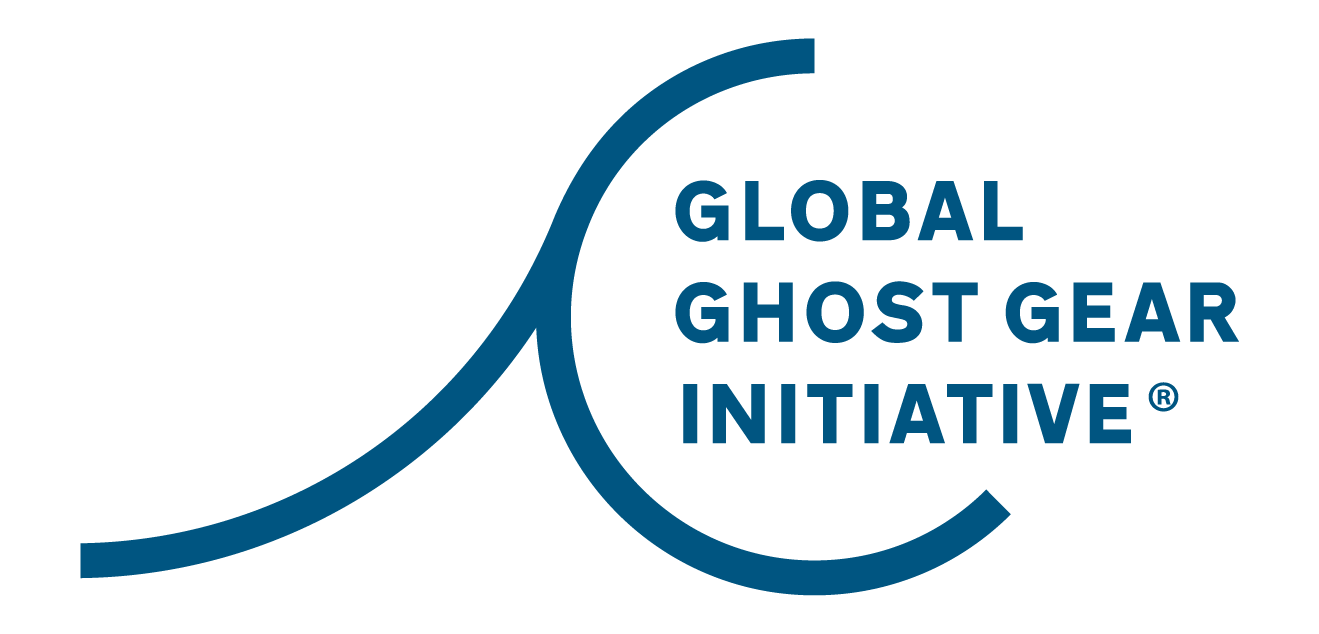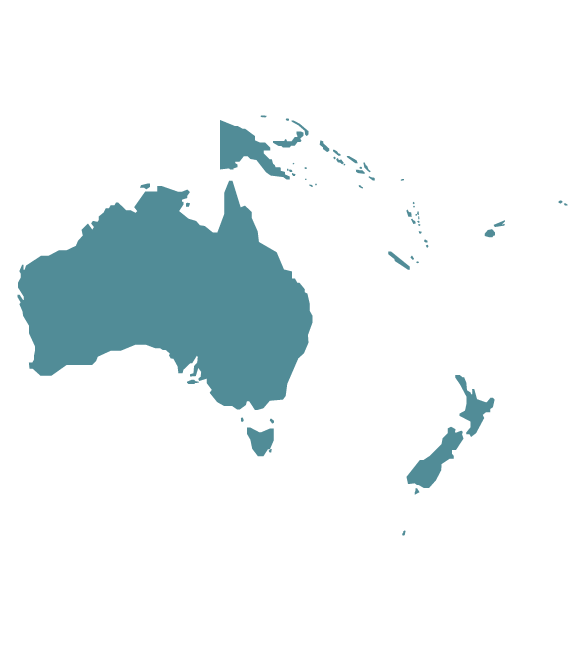Our
projects
Projects on this page are divided into two categories: GGGI Signature Projects and GGGI Small Grants.
GGGI Signature Projects are collaborative projects that have been designed by and funded through the GGGI involving several GGGI members and other partners contributing to large-scale and often multi-phase projects.
GGGI Small Grants are projects are funded through the GGGI Small Grants Program, which is a competitive bid-based program open to GGGI members only, pending available funding. GGGI Small grants typically involve one or more GGGI members working on specific projects in select geographies.
GGGI projects by region - select a region and then click “explore” to see projects from each region
All Projects
Search by Category
- Africa 3
- Asia 5
- Capacity Building Workshops 11
- Central and South America 1
- Data Collection 13
- EOL Gear Collection/Recycling 12
- Europe 4
- Fisher Interviews 9
- Gear Removal 24
- North America 14
- Oceania 2
- Outreach and Education 20
- Predictive Models 5
- Side Scan Sonar Surveys 5
- Technology Testing 8
- UAV Surveys 4
GGGI Signature Project - Indonesia
Led by the Government of Indonesia’s Ministry of Maritime Affairs and Fisheries (MMAF) in collaboration with the GGGI, the objective of the ALDFG 3R Pilot Project is to deliver pilot projects for the full ALDFG lifecycle across the “3Rs” —to reduce, retrieve, and recycle ALDFG—and to explore a circular economy blueprint that could be developed in Indonesia. In addition to generous funding from the Government of Netherlands, the activities are also being supported through funding from Bumble Bee Seafoods. The current phase of the project expands on the work that commenced in 2017 to assess the practical and economic feasibility of various gillnet gear marking options for small-scale and artisanal fisheries, prove gear marking could form part of a comprehensive fisheries management system to help reduce ALDFG and IUU, underpin and strengthen the provisional recommendations to the (then) draft UN FAO VGMFG, and scope the viability of a net recovery and/or recycling project.
GGGI Signature Project - Vanuatu
The GGGI has been working with partners—including the Vanuatu Fisheries Department (VFD), Vanuatu Environmental Science Society (VESS) and Natural Resources Consultants (NRC)—since 2017 to increase community uptake of best practices for managing fishing gear in Vanuatu and to gather ALDFG data for the GGGI global data portal. As a continuation of the GGGI’s work in Vanuatu, the project team has built on lessons learned during earlier activities and has expanded engagement with local stakeholders. The project has continued to help raise awareness about ghost gear in Vanuatu while building capacity and generating community buy-in to effectively reduce and prevent gear loss going forward.
GGGI Signature Project - Caribbean
The GGGI has been engaging in the Caribbean since 2018, having been an observer and giving presentations on ALDFG at the Caribbean Regional Fisheries Mechanism annual meetings in Montserrat in 2018 and St. Kitts in 2019. The Caribbean region, being prone to frequent severe storm events such as hurricanes, experiences a significant amount of gear loss, particularly in its static gear fisheries using traps and pots. This comprehensive project is focused on two key project objectives in the Caribbean region:
reducing ghost gear by incentivizing adoption of best practices around gear loss prevention, exploring innovative gear designs and improving port reception facilities; and
identifying the types and prevalence of ghost gear in the region and conducting workshops to train local stakeholders in gear marking and retrieval.
GGGI Small Grant (2023) - Tangaroa Blue Foundation (Australia)
In an Australian first, Project ReCon was launched in December 2022 along the Great Barrier Reef to provide communities with a way of contributing to an ALDFG recovery, repair, reuse, and recycling project. Through the GGGI Small Grants Program, Tangaroa Blue will expand their initial trail and extend Project ReCon to enable participation of additional communities along the Great Barrier Reef, the Torres Strait Islands, and the Gulf of Carpentaria.
GGGI Small Grant (2023) - Wolf Fish Ltd. (Thailand)
The Gulf of Thailand is one of the most active fishing locations globally. Gillnets are used extensively in this area and when lost, they can have serious impacts on the local ecology and both target and non-target species. ARRI’s two study sites - the islands of Koh Phangan and Koh Tao - are within the Surat Thani Environmental Protected Area, which is located directly south of this intensive fishing region. Reports from local marine conservation organizations indicate significant accumulations of Abandoned, Lost and Discarded Fishing Gear (ALDFG), primarily gillnets, which are continuously found entangled on the reefs surrounding these islands, posing a serious threat to local wildlife and the marine ecosystem.
GGGI Small Grant (2022) - Sea Mammal Education Learning Technology Society (SMELTS) (USA)
The SMELTS project is focused on developing technology to remove marine debris—specifically, anchored fishing traps—from ocean environments. During the course of this project, SMELTS built two neutrally buoyant marine debris lifting engine prototypes to develop techniques to recover marine debris, including anchored gear that can entangle whales and other marine wildlife. SMELTS worked with partner fishers and used commercial vessels to test new devices and techniques to identify and recover ALDFG. SMELTS also utilized a small, portable working-class underwater ROV with gripping arms and 4k video capability to record underwater marine debris recovery efforts, which will aid in training and in the development of techniques that can be used to aid entangled whales and other marine wildlife in the future.
GGGI Small Grant (2021) - Teem Fish (Canada)
To facilitate the reporting of lost and found crab gear in fishing grounds in British Columbia, Canada, Teem Fish is developing a near real-time gear tracking software application that can be added to the existing e-logbook in use by the Area A Dungeness Crab fleet. Teem Fish is developing the software and providing training for harvesters to test the software will ensure information is reported more accurately, consistently, and in a much more timely manner across the fleet, and in accordance with new lost gear reporting requirements from the Department of Fisheries and Oceans, Canada (DFO) and to reduce the amount of derelict gear in the water.
GGGI Small Grant (2021) - Hawaii Pacific University Center for Marine Debris Research (USA)
Abandoned, lost and discarded fishing gear (ALDFG) washes ashore by the tons in Hawai'i, threatening corals and other marine life. Hawai'i Pacific University’s Center for Marine Debris Research (CMDR) has been detecting and removing ALDFG from the environment to identify the sources and quantify the damage done to coral reef habitats. Partnering with Hawaiʻi Institute of Marine Biology, The Nature Conservancy, and Makanakai Marine Services, with funding from the Global Ghost Gear Initiative (GGGI), CMDR used Structure from Motion (SfM) high-resolution 3D imagery of a coral reef to capture imagery of coral in a high-risk DFG strike zone in Kāne'ohe Bay. The goal of the project was to capture imagery of the reef before a net strike, with the net on the reef, and the reef after the net was removed, in order to quantify the damage and recovery of the reef over time.

Become a Member
Interested in becoming a member? Click the button below to learn more.














